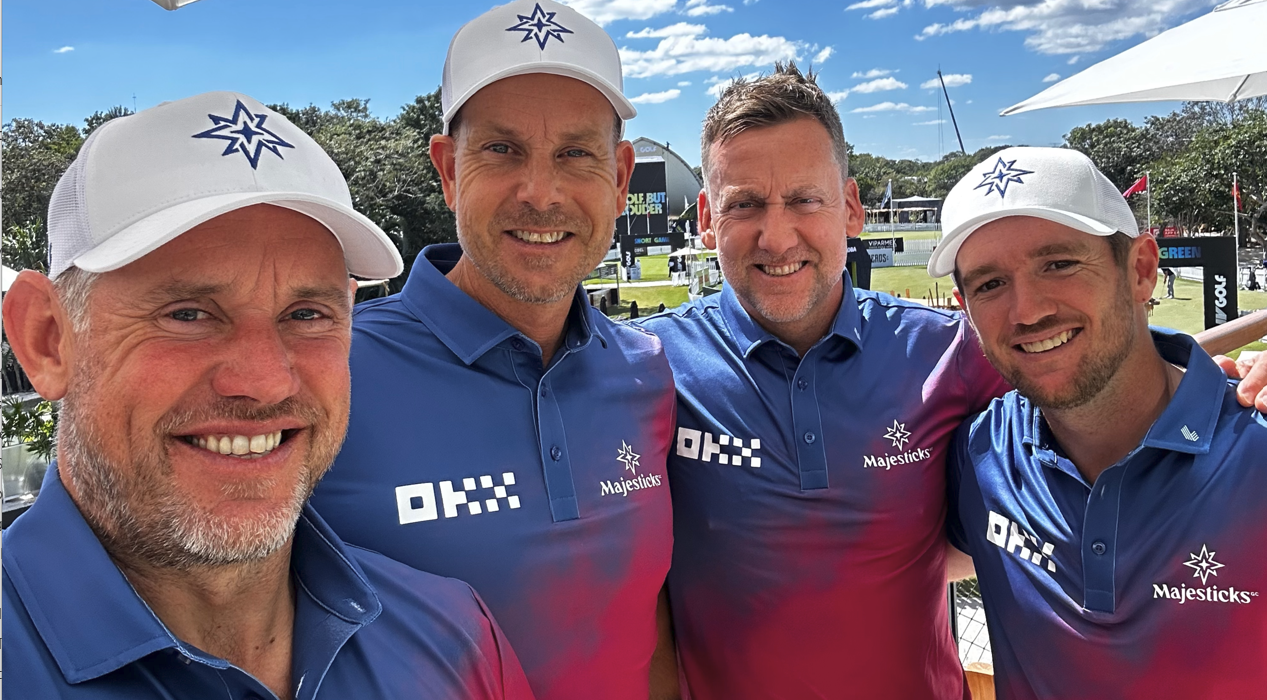December 7, 2021
Sports Psychologist Dr. Bob Rotella has a new book out: “Make Your Next Shot Your Best Shot.” He is targeting golfers. We’re an easy target as we are always desperate for help. In the book, he defines three stages of development:
- Unconsciously Incompetent
- Consciously Competent
- Unconsciously Competent
This is very similar to developing a high-performing operation where execution just occurs. Leadership focuses on how to get better, not on how to make it through the day.
How does the evolution compare?
Unconsciously Incompetent
You know you need to improve. You’re likely to be in an improvement phase right now, or your operation is struggling. You’ve recognized that there are issues that need to be addressed. You are consciously aware that you’re not very good yet. You’re looking for the next steps to evolve your operation but haven’t yet built a plan. It’s at this stage when a golfer looks for answers: videos, magazines, or even coaches. The golfer’s continuous improvement plan. A game plan is developed measuring critical elements of a golfer’s performance and a decision is made about which areas to improve that will lower the score the fastest.
Creating a Road Map
Comparatively, this is the phase where your operation is looking for help. Maybe your help comes in the form of a corporate process improvement team, hiring someone to lead your continuous improvement program, enlisting support from outside consultants, or maybe a combination of all of those different paths. You start measuring and begin developing your roadmap to achieve better performance. In some cases, you may learn that you are worse in some areas than originally thought. That’s the time when your team decides on the key performance indicators (KPIs) that will make you better. You recognized the need to get better and build a team to lead that change. Now you’ve agreed on a set of KPIs to measure progress and the improvement journey is underway. Be patient.
Consciously Competent
This is the hard part. Getting better takes time and does not happen in a silo. Let’s look at our golfer. He and his team decided that the most critical part of his game is to hit more greens in regulation. They set a target of 10 greens in regulation per 18-hole round. They get him fit for clubs. They help him build a repeatable swing. They teach him how to manage the course. They track his progress. They adjust to the data they see. Eventually, the golfer repeatedly hits his goal of 10 greens per 18-hole round – success! Now they realize he is a terrible putter and a new improvement path is needed. This doesn’t discount the success of hitting the prior goal – it’s just that every piece of his game needs to be considered and possibly improved before he is competent.
Putting in the Time
If we compare this to the supply chain, you may have set up a measurement discipline in your warehouse or transportation operations and you’ve picked targeted areas of focus. Your team is meeting hourly, a few times per day, or whatever the proper cadence is for your plan to be effective. You are steadily doing root cause analysis and correcting the processes. Then you get cascading events. For example, you increase the picking speed of orders. Great job! Fist bumps all around. Now you can’t get the forward picking locations replenished fast enough and so a new project is launched. And so on and so on.
You have metrics that tell you what is required to be good. You’ve learned the drivers that create positive results. It’s not yet been made a routine, though. Leadership is managing metrics throughout the day and making changes. They are working “in” the business, yet no one is working “on” the business. You’ve become a competent shipping operation, but it is not without a great deal of effort.
Unconsciously Competent
Here is where you’ve made it because you are not thinking and managing at a micro-level. You know what it takes to be successful. You can feel it. There is a set of triggers that are internalized. It’s not that nothing ever goes wrong, it’s just that you’ve moved to a state of competency where potential problems are known quickly, addressed, and disasters are avoided.
In the case of our golfer, now there’s a routine before every shot. A set of critical things that are considered like the wind speed and direction. He knows how to adjust to those conditions. He knows the course. He knows the trouble spots. He knows opportunities. He does not think about his swing, his putting stroke, or his equipment. He knows they work. He does not need to analyze every variation. He knows the likely failure points and reacts. He is a competent player without thinking.
How it Affects the Team
When you reach this point, your warehouse operations have matured. Your team understands the pulse of a good day. Visuals are present at the department level. These visuals represent the KPIs that your department needs to meet to have a successful day as an organization. They feed up to warehouse operational KPIs. Everyone sees any non-conformance and knows how to adjust. KPIs have become your language.
The hourly team leads themselves to execute the plan. They reach out when they need support from supervision. They have been trained on the critical hurdles in their day, given the training and tools to succeed, and they have been empowered to make decisions as the unplanned happens.
Leadership has a comprehensive view of the critical KPIs, but their focus is not on hourly execution. They have confidence in the competency of their team. Leadership now works “on” the business rather than “in” the business. They work on further culture improvements. They investigate new technology. They work on employee development.
Start the work to move from unconsciously incompetent to unconsciously competent. It is a great place to be.






















